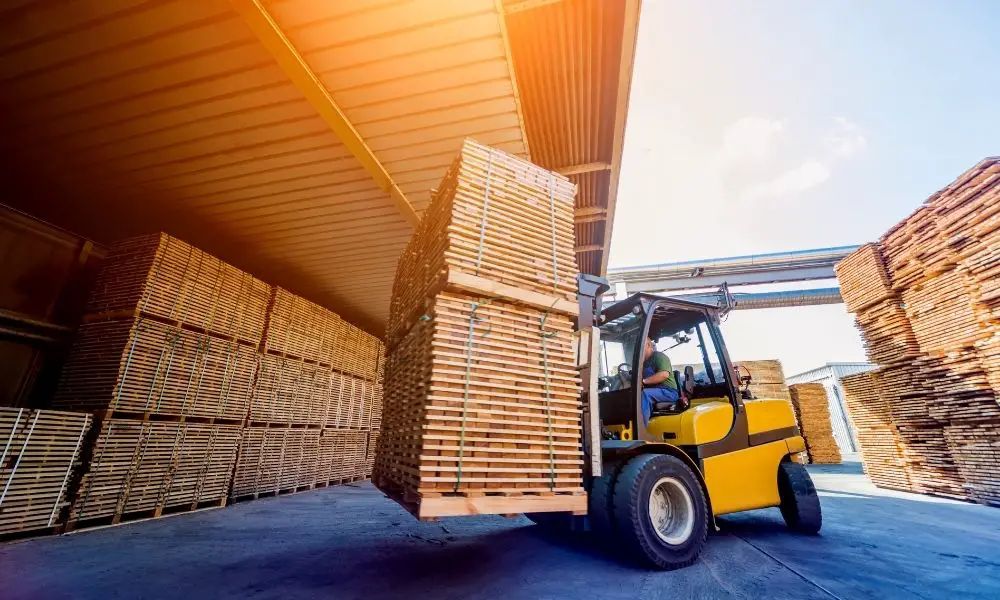

A forklift has various functions, and these machines have gone through some major changes since their invention over a hundred years ago. From 1906 until now, the forklift has shown its usefulness in various industries, such as the military and construction. There’s so much to know, so here’s a brief history of the innovation of forklifts.
There is no known record of who invented the forklift. When they were designed in 1906, they weren’t what we envision today. Back then, a Pennsylvania-based railroad company needed a better way to move luggage onto a cart and transport it from one railroad area to another. The idea of the modern forklift wasn’t thought of yet, but the development of a powered platform truck helped pave the way for a new industry.
As the years passed and World War I began, there was a new problem that’d developed: transporting a large number of materials from one area of a factory to another became difficult due to weight issues. Since there wasn’t a feasible way to get materials to soldiers in a timely manner, transporting companies had to get creative. There weren’t elevators or rollers at this time, so the Clarke Group—also referred to as the Clarke Company—created the first lift truck or trucktractor, which would later evolve into the modern forklift. The group’s invention would use a power system to move heavier items efficiently across warehouses.
Once World War I ended, modern forklift manufacturers began to introduce new attachment technologies to help with the transportation of bulk shipments. With the inclusion of a cantilever, forklifts could approach a load from the front without worrying about additional front-wheel clearance requirements. Moreover, the launch of the forks and rams increased the types of shipments that the forklift could handle.
As the forklift became mainstream after World War I, the need for pallet sizes arose. The use of standardized pallet sizes helped transport and shipping centers move shipments more easily, which helped decrease shipping times. At this stage, improvements to the modern forklift were completed; manufacturers shortened the wheelbase by changing up the weight of both the operator’s cabin and the wheel ballast. These changes improved the forklift’s stability by placing the forklift’s heaviest parts into the vehicle’s bottom. The weight change helped introduce the mast, which helped tilt the product to fit in specific ways on shelves.
One last quick and interesting fact in our brief history of the innovation of forklifts—the forklift is actually older than sliced bread and Betty White. We hope this helps pique your curiosity even more. Learn more about the different types of forklifts that have existed through improved forklift technologies. Follow along for more enticing history lessons on some of our most innovative industries.
Roofing is a crucial aspect of a building's structure as it protects the interior from…
When it comes to maintaining a home, one of the most important aspects to consider…
Galveston, Texas, is quickly emerging as a premier destination for deep-sea fishing enthusiasts in search…
In the ever-evolving landscape of construction and building maintenance, sustainability has emerged as a crucial…
Minnesota, celebrated for its picturesque rural landscapes and vibrant urban centers such as St. Paul…
In the realm of kitchen renovations, cabinetry plays a pivotal role in shaping both the…